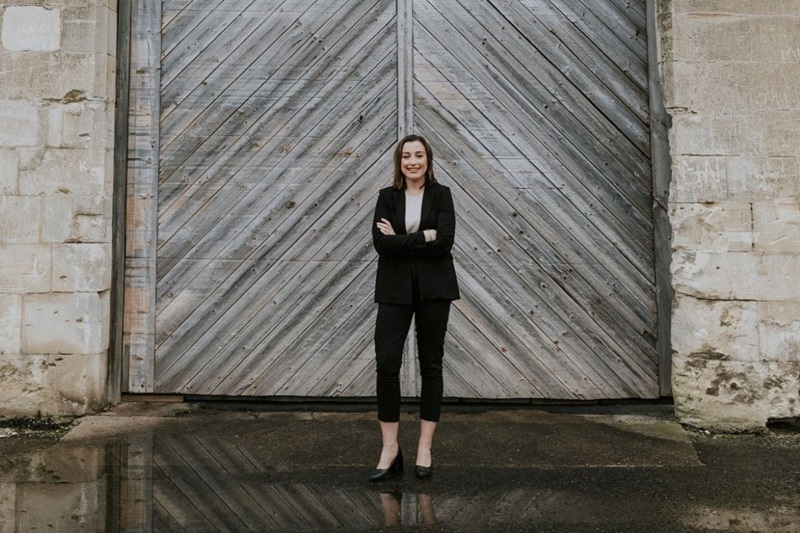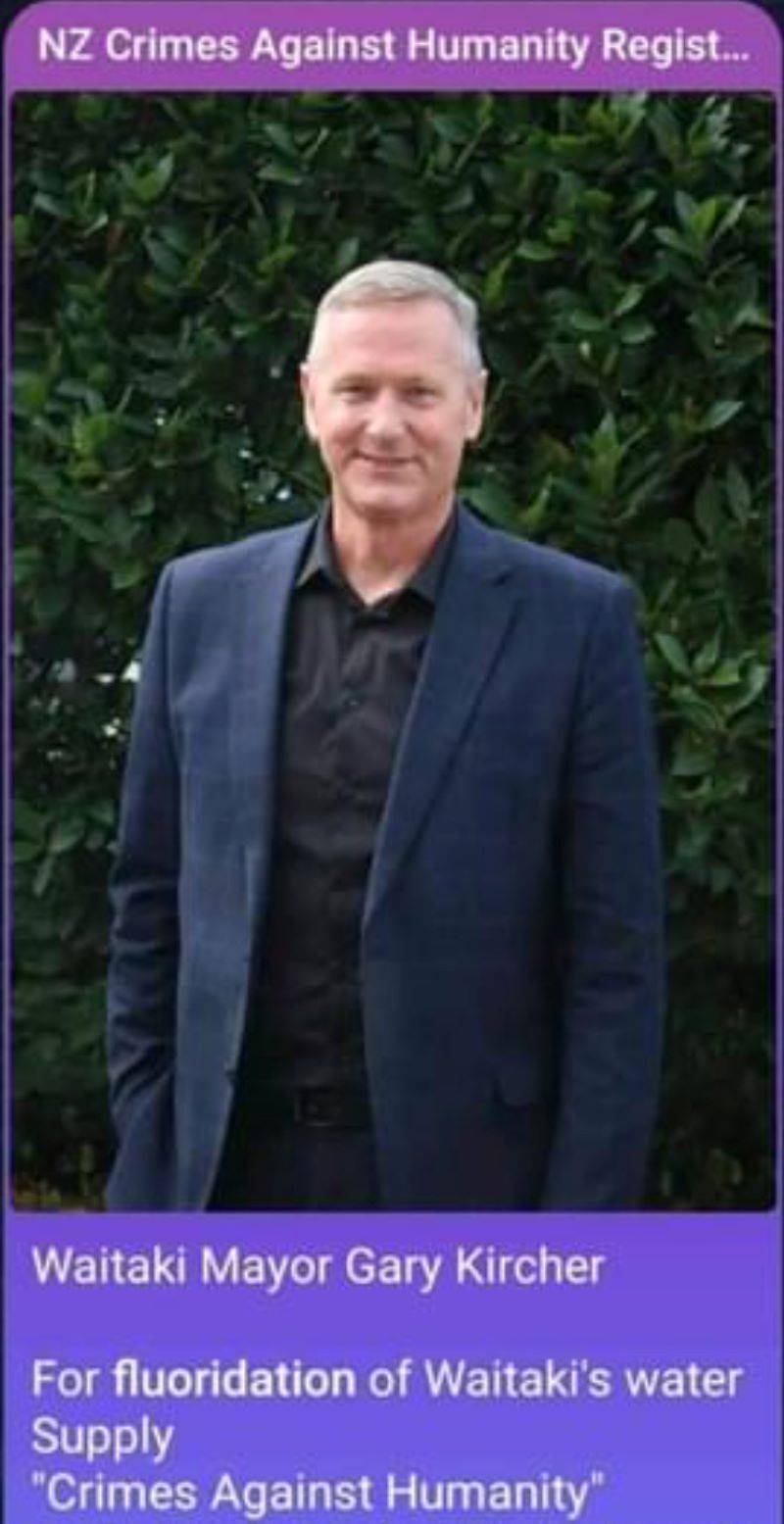'They said to prepare my family I will either be imprisoned or executed'
Ashley Smyth
29 August 2024, 10:43 PM
 Waitaki Mayor Gary Kircher says he finds it difficult when people get personal and abusive. Photo: Supplied
Waitaki Mayor Gary Kircher says he finds it difficult when people get personal and abusive. Photo: Supplied“Everyone should be free to question and challenge, but please do so in a respectful way,” says Waitaki District Councillor Rebecca Ryan.
Rebecca, who is almost two years into her first term as an elected member of the council, says she appreciates she is in a public role and “absolutely” expects people to tell her if they are unhappy with something the council has made a decision on.
“But I do feel like something has changed and the current political climate feels more hostile.”
Local Government New Zealand (LGNZ) recently polled some elected members about the abuse they received - with 53% saying it was worse than a year ago, LGNZ chief executive Susan Freeman-Greene says.
Sixty-five percent of elected members polled said they faced abuse online, 39% faced it at community events, and 33% faced it doing everyday activities like shopping or collecting children from school.
No one deserves to be subjected to this sort of behaviour when going about their job, she says.
“Elected members are facing an increasing level of intimidation and abuse. This is a rising trend that affects everyone elected in our democracy – whether you’re an MP or a local councillor.”
Rebecca is thankful to have not experienced a lot of abuse from the public directly, but it is a problem she is aware of in Waitaki and further afield, she says.
“As a result of the way a lot of people speak and engage online, I have become a more passive user of social media than I intended to be when I was first elected.”
She does continue to keep an eye on social media to gauge the community feel on issues, and as she feels more settled in her role, her confidence is increasing to engage more in that space.
“I actually much rather engage with people face to face, and enjoy those discussions I have in supermarket aisles, at cafes, and on the sidelines of sports games etc.
“People find it more difficult to be rude in person and I think they remember they’re dealing with humans.”
As one of the younger councillors, Rebecca has a particular passion for engaging and educating more young people in the work of local government.
Facebook, which seems to be the most popular social media platform for council abuse, is used by only about a third of teenagers, while 71% or those 50 and older were on the platform, she says.
“It’s sad the negative behaviour we’re seeing online is from older people, who I’d like to think would know and behave better.”

“People find it more difficult to be rude in person and I think they remember they’re dealing with humans," Councillor Rebecca Ryan says. Photo: Supplied
There is a good mix of community-minded councillors around the table in Waitaki and they are trying to make decisions with the best interests of the district at heart, she says.
“We all go about our mahi in different ways and I have a lot of respect for each of them for putting their hands up to do the job.”
Waitaki Mayor Gary Kircher says he is passionate about his role to make the district “an even better place”, so he finds it difficult when people take a step beyond commenting on that work, and get personal and abusive.
Gary does not want to promote most of what has been sent or said to him, but did share a “poster” he received.
“[They] let me know my arrest was imminent and that I should prepare my family for that. I would either be imprisoned or executed,” he says.
“When people mention my family in the same comments, I know most of that is nonsense and bluster, but there are always deranged people who may take it further. Protecting my family is very important and something I don't take lightly.”
While he is “mildly concerned” for his safety, he knows the types of messages he receives have the potential to affect other people more, and his family worries for him and themselves.
Hearing stories like when former Nelson Mayor Rachel Reese came home to a 'Sovereign Citizen' in her house with a nail gun, it is difficult to know whether some people will carry out their threats, he says.
The abuse from a few is tempered by comments from others who understand what a challenge it is be in a local government role right now, but the negative comments can still have an impact when they are so “personal and full of hate”, he says.

A poster sent to Waitaki Mayor Gary Kircher. Photo: Supplied
Meanwhile, council policy has been likened to Nazi concentration camps, and the council being part of “shadowy links” to global conspiracies are two of the more unusual accusations that have been made, a council spokesperson says.
Employed staff are also coming under fire, with roading contractors and customer liaison staff in particular, two undeserving targets in recent months who are just doing their jobs, he says.
There have also been “quite a lot of letters”, with content ranging from the “obviously furious to the outright weird".
Most are not anonymous.
Quite aggressive threats made on Facebook have been reported to page owners and Facebook, as breaches of their terms of service. Many of our local community Facebook page owners are more than happy to remove them, and we’d like to thank them for that.
The spokesperson does not want to give any unnecessary credibility to the insults but emphasises the letters, emails, calls and requests that come in from the community highlighting issues, expressing concerns and giving genuine critical feedback are encouraged and valued, and help the council “do its job better”.
“There are far more members of our community engaging with council positively (even to constructively criticise us) than there are being weird.”




